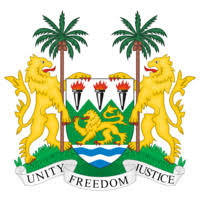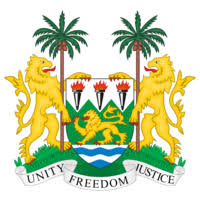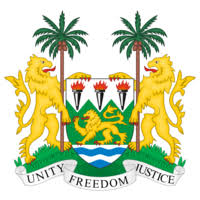Women’s Access to Land: An Asian Perspective
ABSTRACTED FROM INTRODUCTION: Women’s access to and control over land can potentially lead to gender equality alongside addressing material deprivation. Land is not just a productive asset and a source of material wealth, but equally a source of security, status and recognition. Substantive gender equality is both relational and multi-dimensional, cutting across race, class, caste, age, educational and locational hierarchies and can only be achieved if rights are seen as socially legitimate.





